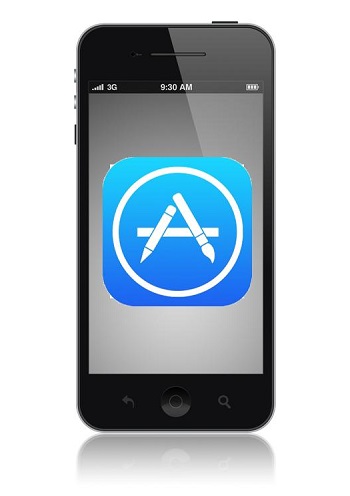A new smartphone based search engine called Vurb is focusing on some of the most common queries.
It could be easy for Google to feel as though it is the undisputed ruler of mobile search, especially as it has established the top position on both the standard web and over smartphones and tablets, so far.
However, if one startup has its way, there will be some serious competition heading into the market.
Vurb is a startup that is based in San Francisco. Its founder, Bobby Lo, feels that its new mobile search engine could be the next big thing for smartphone users. The concept behind it is to take a range of different types of common query – such as those regarding movies or restaurants – and group them into basic information snippets and applications for actions that are related to the applicable results. Lo is only one of a growing number of businesspeople who feel that the growth of mobile technology use is the ideal opportunity to be able to present Google with some competition in the search sector.
If these startups can become rivals in mobile search it will be the first threat Google has seen in a decade.
 Until now, most startups have been keeping clear of the search engine ecosystem as Google has held a very firm grasp on its central territory. Now, venture capitalists are pouring millions upon millions of dollars into a few dozen startups that are focusing on search on the mobile web. The belief is that the right startups will be able to take an important control over the search market and that Google will not be able to hang onto it to the same degree that it has with PCs.
Until now, most startups have been keeping clear of the search engine ecosystem as Google has held a very firm grasp on its central territory. Now, venture capitalists are pouring millions upon millions of dollars into a few dozen startups that are focusing on search on the mobile web. The belief is that the right startups will be able to take an important control over the search market and that Google will not be able to hang onto it to the same degree that it has with PCs.
According to Lo, “There has been no great solution for mobile search.” Last year, venture capitalists placed their money behind 27 different potential rivals to Google in the smartphone and tablet search category. The year before that, there were another 33 that had received those investor dollars. This made 2013 and 2014the most active years in history for venture capital investment all the way back to 1999.
A recent CB Insights report pointed out that the largest increase in venture capital investment has been in mobile search companies, especially when it comes to using “deep links” for bringing apps and the web together.

 The overall performance of the first quarter of 2015 was still notably stronger, if only because it was one that included the holiday shopping period, which is always the highest of the year. When compared to the first quarter, the revenues at Apple dropped by 22 percent, and the profits dipped by 24.4 percent. Sales of iPhones fell by 18 percent.
The overall performance of the first quarter of 2015 was still notably stronger, if only because it was one that included the holiday shopping period, which is always the highest of the year. When compared to the first quarter, the revenues at Apple dropped by 22 percent, and the profits dipped by 24.4 percent. Sales of iPhones fell by 18 percent.